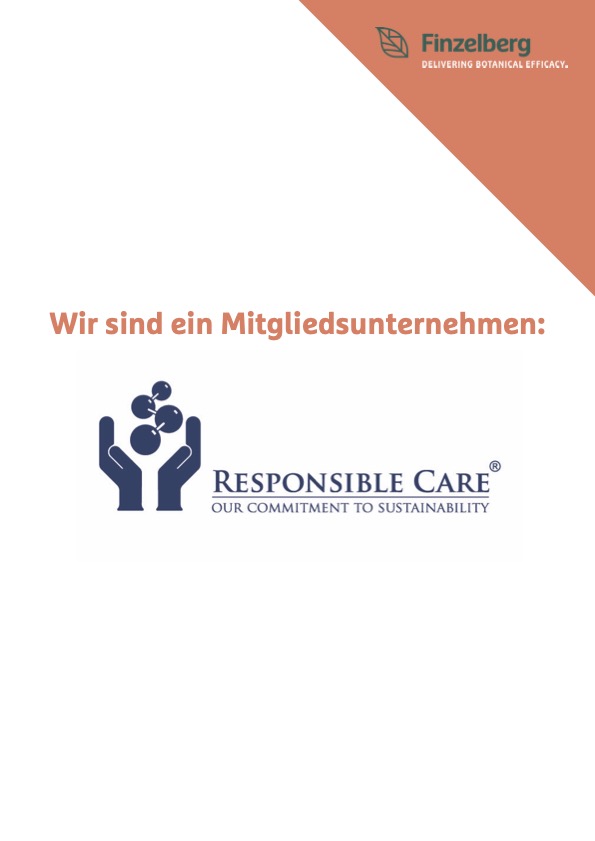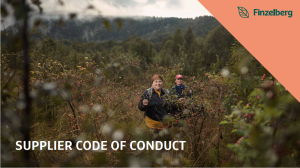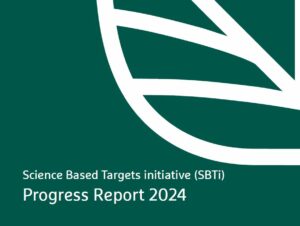Our approach
We are committed to environmental and social responsibility
As part of a fourth generation family business, we strive to act and think holistically, sustainably and responsibly. We are convinced that holistic sustainable thinking and acting is an intrinsic component of our corporate responsibility and the foundation for long-term, value-adding growth.
As a global company with strong local roots, we want to promote sustainability both locally and globally and therefore comply with the UN 2030 Agenda for Sustainable Development.
Since our supply chain extends all the way back to countries where our botanicals are sourced, we leverage our influence to improve specific social and ecological conditions in those countries through our projects. With our botanicals being sourced from over 60 countries around the world, “thinking globally, acting locally” is a mantra we live by every day.
There is no Planet B: We’re going climate-neutral
For generations, we have been aware of the responsibility we bear towards nature. Without it, our business would not have the high-quality plant products it needs. To ensure that our planet and its natural treasures are still around for future generations, the nature network, including Finzelberg, has set itself an ambitious goal: by 2030 all of our business activities, including in our supply chains, will be climate-neutral. This is how we are going to achieve that:
Our responsibility is focused on four core pillows:
Examples of Our Commitment
We walk the talk
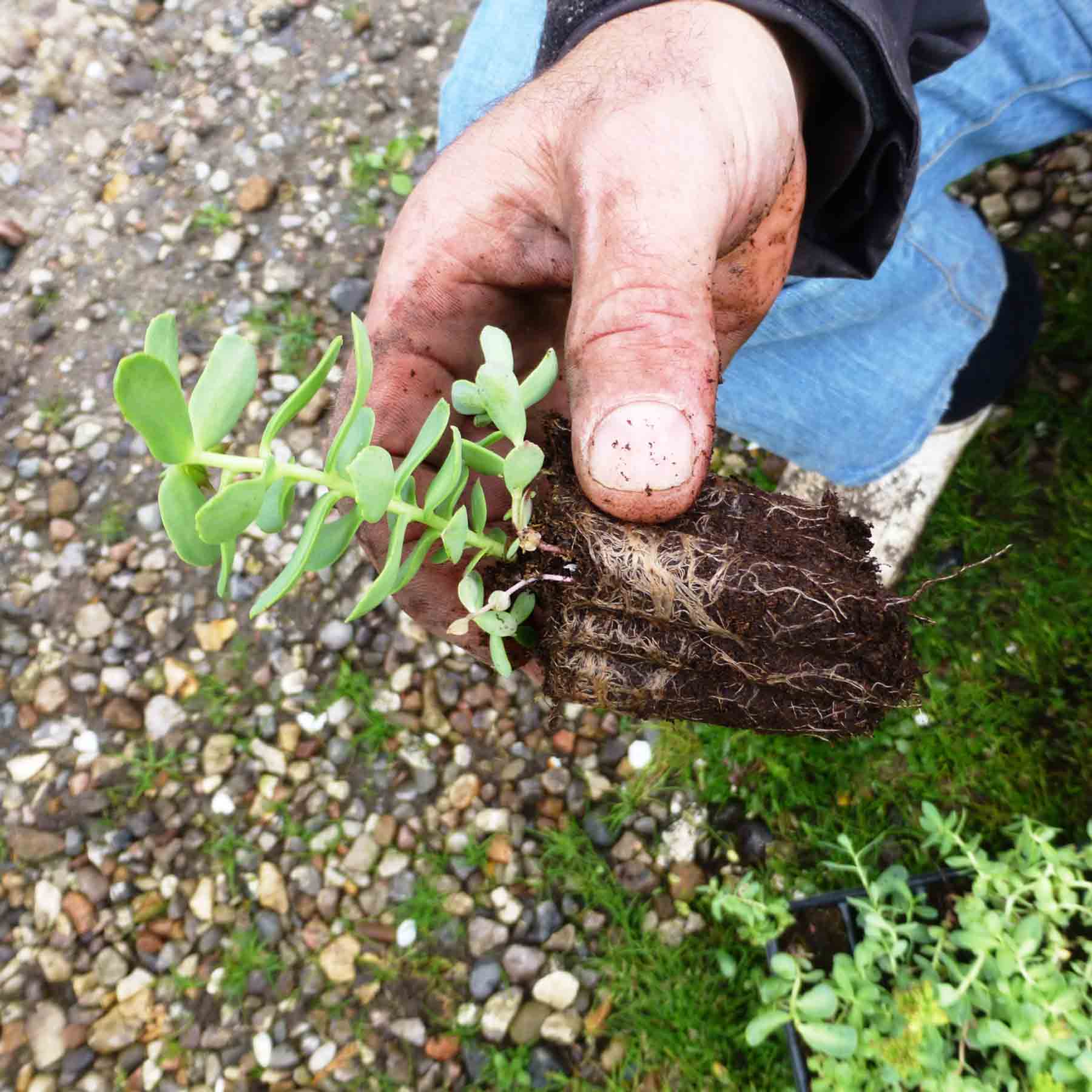
Rhodiola rosea — cultivating for the future
Increasing demand for Rhodiola rosea has resulted in ever-decreasing supplies of the plant in collection areas. In response, Finzelberg has launched a long-term project to cultivate this rare species in order to safeguard its long-term supply for our customers. This cultivation is carried out under strictly monitored conditions in order to guarantee excellent quality for the future.
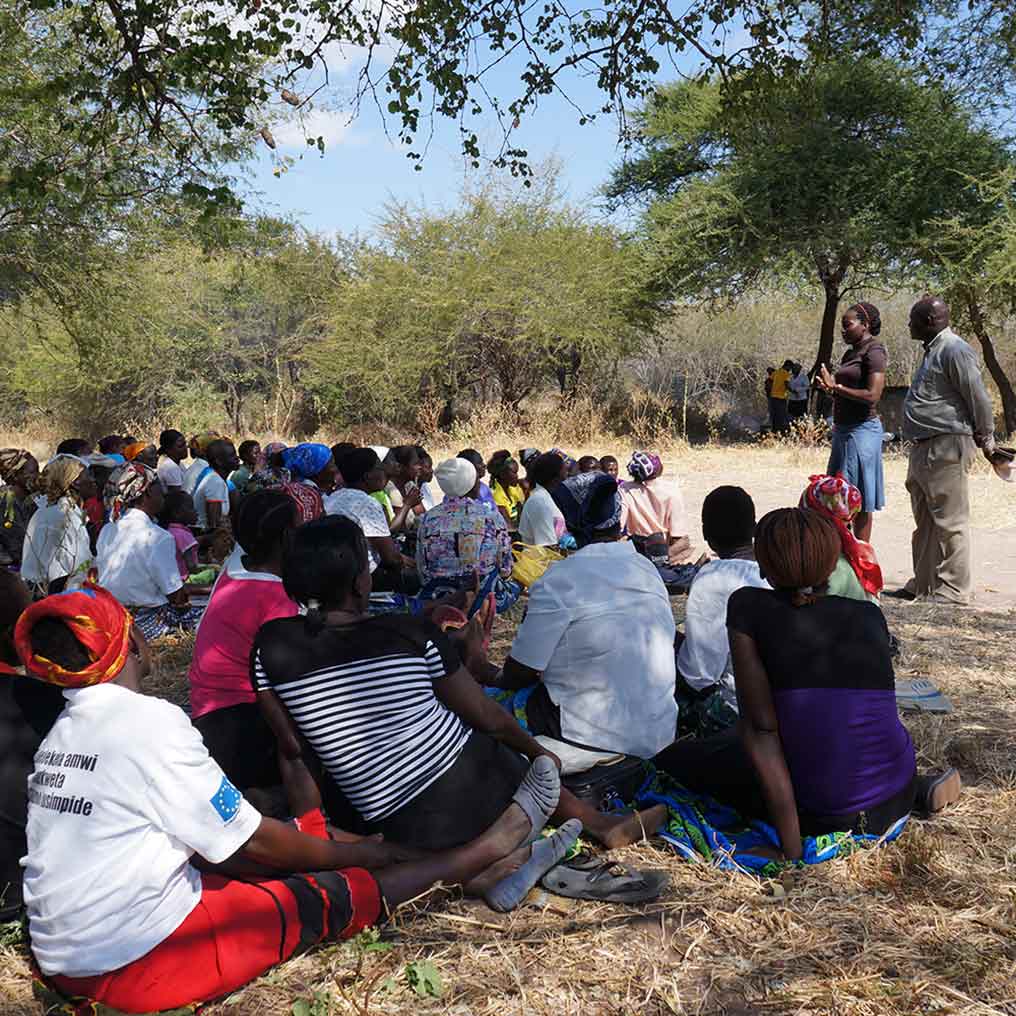
Future Prospects in Zimbabwe’s Agriculture
We are cultivating organic and fair trade certified botanicals that are suited to the regional climatic conditions on two tests farms in Zimbabwe. This is creating around 900 jobs on farms. Around 4,500 small farmers and botanical collectors are being trained in agricultural matters. Since rural households on an average consist of around seven family members, around 30,000 people in total benefit from this project.
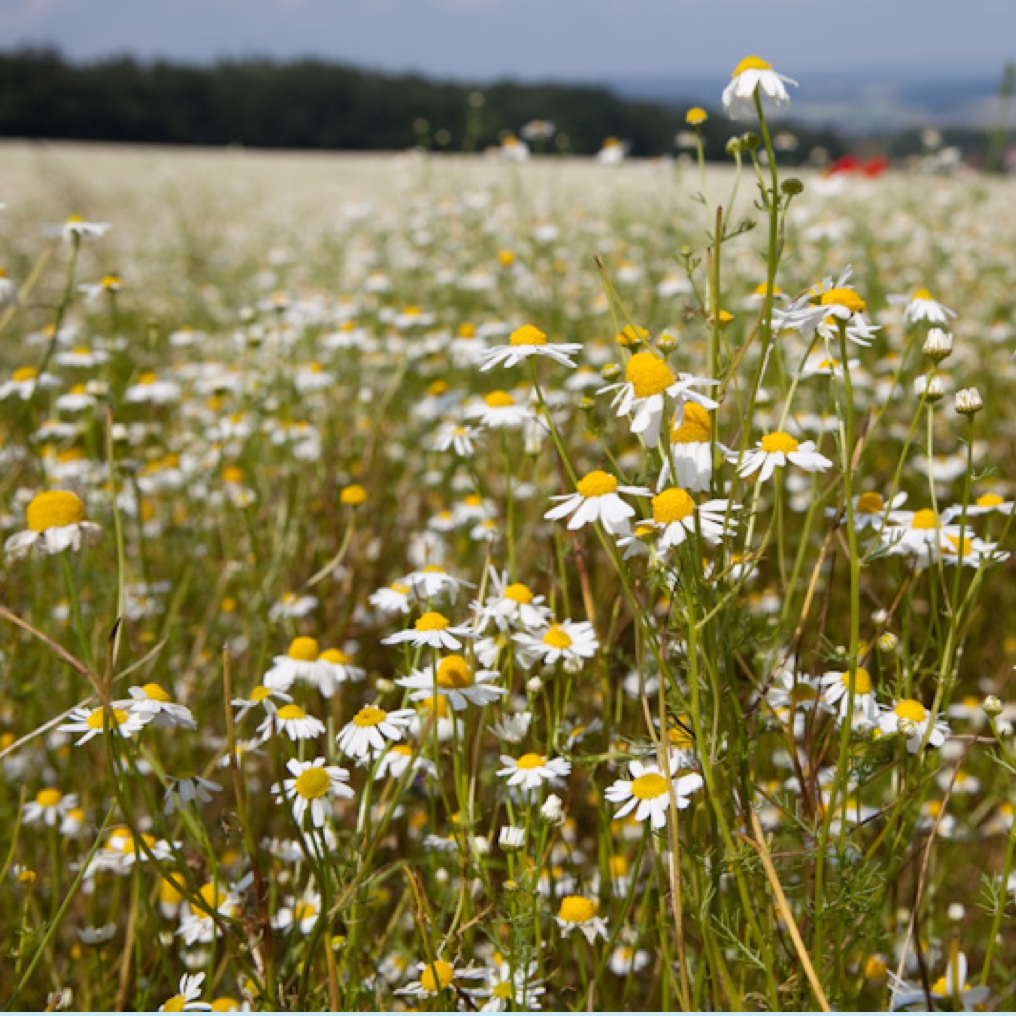
Biodiversity
In order to maintain biodiversity, our team of ten experts works closely with our raw material partners, offering expert advice and ongoing monitoring to promote ecologically sustainable production methods.




